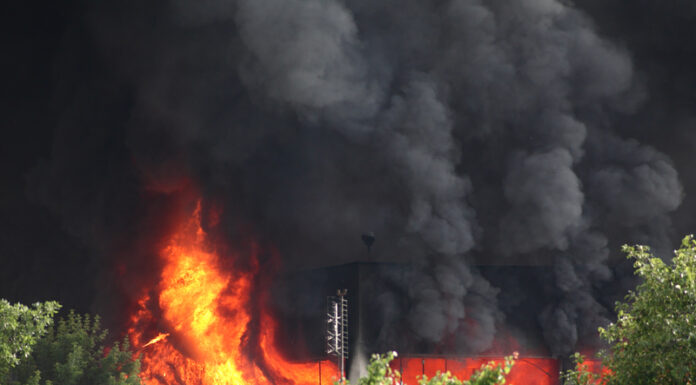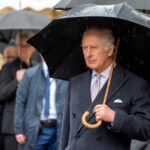At least seven individuals, including a nine-month-old child, lost their lives when a hospital operated by Doctors Without Borders/Médecins Sans Frontières (MSF) in Old Fangak, Jonglei State, South Sudan, was targeted in an aerial bombing on Saturday, May 3, 2025. The attack began around 4:30 a.m. local time as two helicopter gunships dropped a bomb on the hospital’s pharmacy, resulting in its destruction and significant damage to the facility.
Mamman Mustapha, the MSF Head of Mission in South Sudan, described the attack as deliberate and strongly condemned it.
Following the bombing of the hospital, the helicopters continued to fire on the town of Old Fangak for about 30 minutes. Later, around 7 a.m., a drone dropped a bomb on the Old Fangak market. These subsequent strikes led to widespread panic and displacement among civilians, according to eyewitnesses. One patient and two caregivers, including an MSF staff member, inside the hospital during the attack, were injured.
The United Nations Commission on Human Rights in South Sudan has labeled the bombing as a “calculated, unlawful attack on a protected medical facility” that may constitute a war crime. The Commission emphasized that targeting medical facilities violates the Geneva Conventions and represents a direct assault on the foundations of humanitarian action.
This incident marks the eighth attack on healthcare facilities in South Sudan since January 2025, with health workers killed and facilities looted or destroyed. The World Health Organization representative in South Sudan has warned that such attacks could lead to the closure of half the health facilities along the Nile.
The bombing occurs amid escalating tensions in South Sudan, with increasing concerns about a potential return to civil war. The attack on the MSF hospital is the latest in a government-led assault on opposition groups across the country. Since March, government troops, reportedly supported by soldiers from Uganda, have conducted dozens of airstrikes targeting areas in neighboring Upper Nile State.
Old Fangak is located in an ethnically Nuer region of the country, historically associated with the opposition party loyal to First Vice President Riek Machar, who was placed under house arrest in March 2025 for alleged subversion. The South Sudanese government recently categorized Fangak and several other counties as “hostile” regions, which the UN Commission has warned may amount to ethnic profiling and incitement of reprisals.
Biel accused government forces of carrying out the attack and claimed the government is “using natural resources to kill its own people” due to their perceived loyalty to opposition groups.
The day before the attack, the embassies of Canada, Germany, the Netherlands, Norway, the United Kingdom, the United States, and the European Union issued a joint statement warning of South Sudan’s rapidly deteriorating security situation. They called for President Salva Kiir to release Vice President Machar from house arrest and urged all parties to “end the use of violence as a political tool.”
South Sudan has officially been at peace since a deal in 2018 ended a five-year civil war between forces loyal to President Kiir and fighters loyal to Machar. However, the recent arrest of Machar has sparked international concern that conflict could reignite in the world’s youngest nation, which gained independence from Sudan in 2011.
The situation in South Sudan remains one of Africa’s most severe humanitarian crises, with 2.3 million refugees and asylum-seekers in neighboring countries and about two million internally displaced people within South Sudan itself due to conflict or natural disasters.
France has also issued a statement condemning the helicopter and drone attack on the MSF hospital, emphasizing that international humanitarian law requires the protection of civilians, humanitarian workers, and infrastructure.
This marks the second time an MSF hospital has been impacted in the past month. On April 14, armed men looted an MSF hospital in Ulang, Upper Nile state, cutting off access to secondary healthcare for thousands of people in that region.








